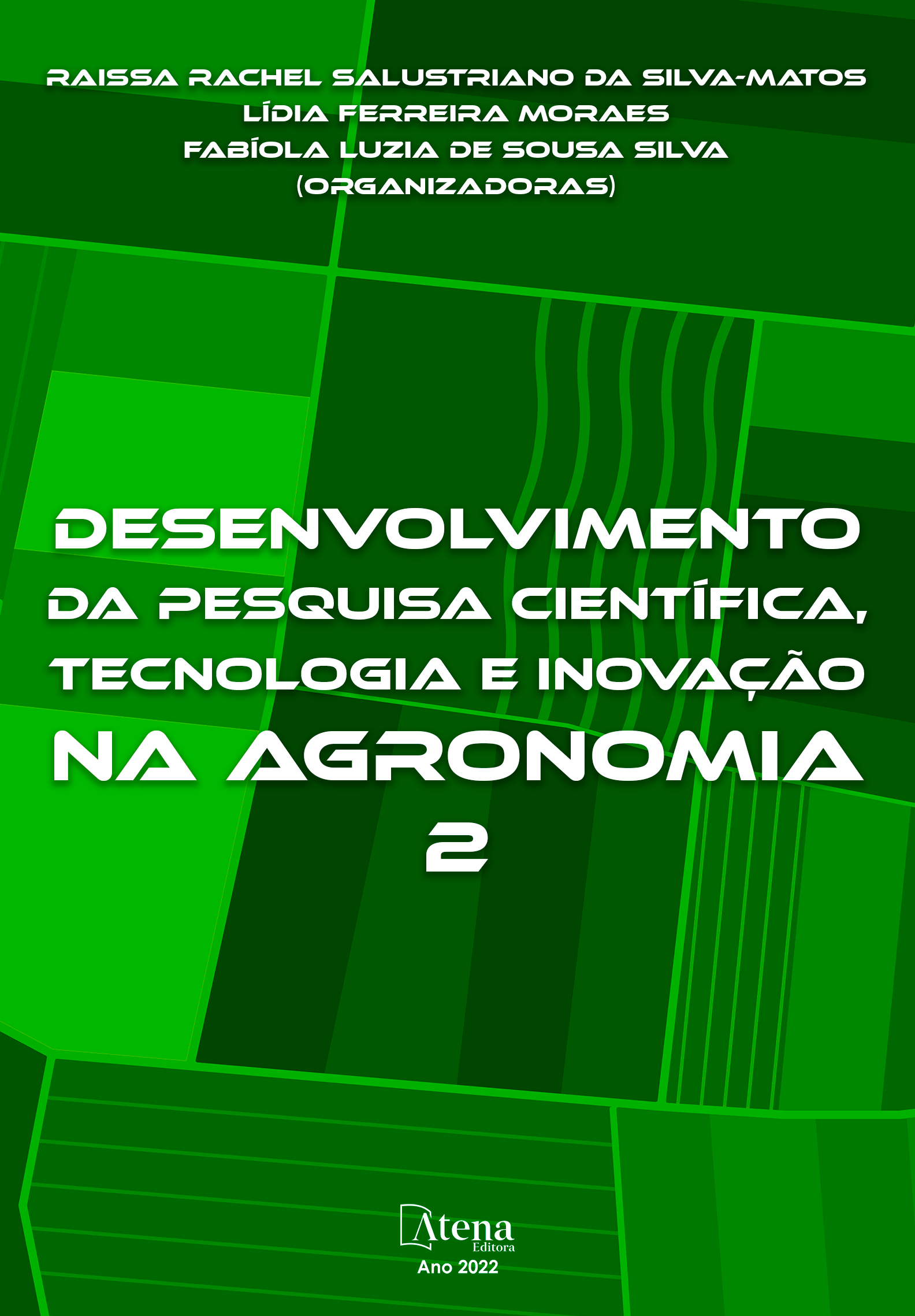
PROMOÇÃO DE CRESCIMENTO DE PLÂNTULAS DE FEIJÃO-CAUPI POR TRICHODERMA sp. E FERTIACTYL GZ®
O feijão-caupi Vigna unguiculata (L.) WALP é uma importante espécie leguminosa brasileira que está em processo de expansão do seu cultivo no país. O estudo de bioestimulantes na cultura pode ser uma alternativa para auxiliar as plantas a terem um melhor desempenho fisiológico em situações adversas. O objetivo do estudo foi analisar o potencial dos bioestimulantes Trichoderma Asperellum e o produto comercial Fertiactyl GZ® na promoção de crescimento de plantas de feijão-caupi. O experimento foi realizado em casa de vegetação no delineamento inteiramente casualizado com dois tratamentos, sendo um composto por 10 sementes microbiolizadas com Trichoderma Asperellum e outras 10 sementes com Fertiactyl Gz®. O grupo controle foi formado por 10 sementes tratadas apenas com água. Aos 45 dias após a germinação foram avaliados a altura, diâmetro do coleto e número de folhas das plântulas completamente formadas. Os dados foram submetidos a análise de variância e quando significativos as médias dos tratamentos foram comparadas pelo teste de Duncan (P 0,05). As sementes microbiolizadas com Trichoderma Asperellum e Fertiactyl Gz® formaram plântulas maiores em 15% e 12% para a altura, 13% e 14% para o diâmetro do coleto e 22% e 11% para o número de folhas, respectivamente, em relação ao controle. Portanto, a microbiolização de sementes de feijão-caupi induz a formação de plântulas mais vigorosas, que pode contribuir para acelerar o ciclo da cultura e melhorar a tolerância aos estresses ambientais em campo.
PROMOÇÃO DE CRESCIMENTO DE PLÂNTULAS DE FEIJÃO-CAUPI POR TRICHODERMA sp. E FERTIACTYL GZ®
-
DOI: 10.22533/at.ed.76022230613
-
Palavras-chave: Vigna unguiculata, bioestimulante, microbiolização, crescimento
-
Keywords: Vigna unguiculata, biostimulant, microbiolization, growth.
-
Abstract:
Cowpea Vigna unguiculata (L.) WALP is an important Brazilian legume species that is in the expanding process its cultivation in the country. The biostimulants study in culture can be an alternative to help plants to have a better physiological performance in adverse situations. The aim of the study was to analyze the potential of the biostimulants Trichoderma Asperellum and the commercial product Fertiactyl GZ® in promoting the cowpea plants growth. The experiment was carried out in a greenhouse in a completely randomized design with two treatments, one consisting of 10 seeds microbiolized with Trichoderma Asperellum and another 10 seeds with Fertiactyl Gz®. The control group consisted of 10 seeds treated only with water. At 45 days after germination, the height, stem diameter and leaves number of fully formed seedlings were evaluated. Data were submitted to variance analysis and when significant, the treatment means were compared by Duncan's test (P≤0.05). The seeds microbiolized with Trichoderma Asperellum and Fertiactyl Gz® formed larger seedlings by 15% and 12% for height, 13% and 14% for the collar diameter and 22% and 11% for the leaves number, respectively, in relation to the control. Therefore, the microbiolization of cowpea seeds induces the formation of more vigorous seedlings, which can contribute to accelerate the crop cycle and improve tolerance to environmental stresses in the field.
-
Número de páginas: 10
- Maria Luiza Brito Brito
- Tamirys Marcelina da Silva
- Klayver Moraes de Freitas
- Roberto Augusto da Silva Borges
- Danielle Pereira Mendonça
- Maria Carolina Sarto Fernandes Rodrigues
- Gledson Luiz Salgado de Castro


